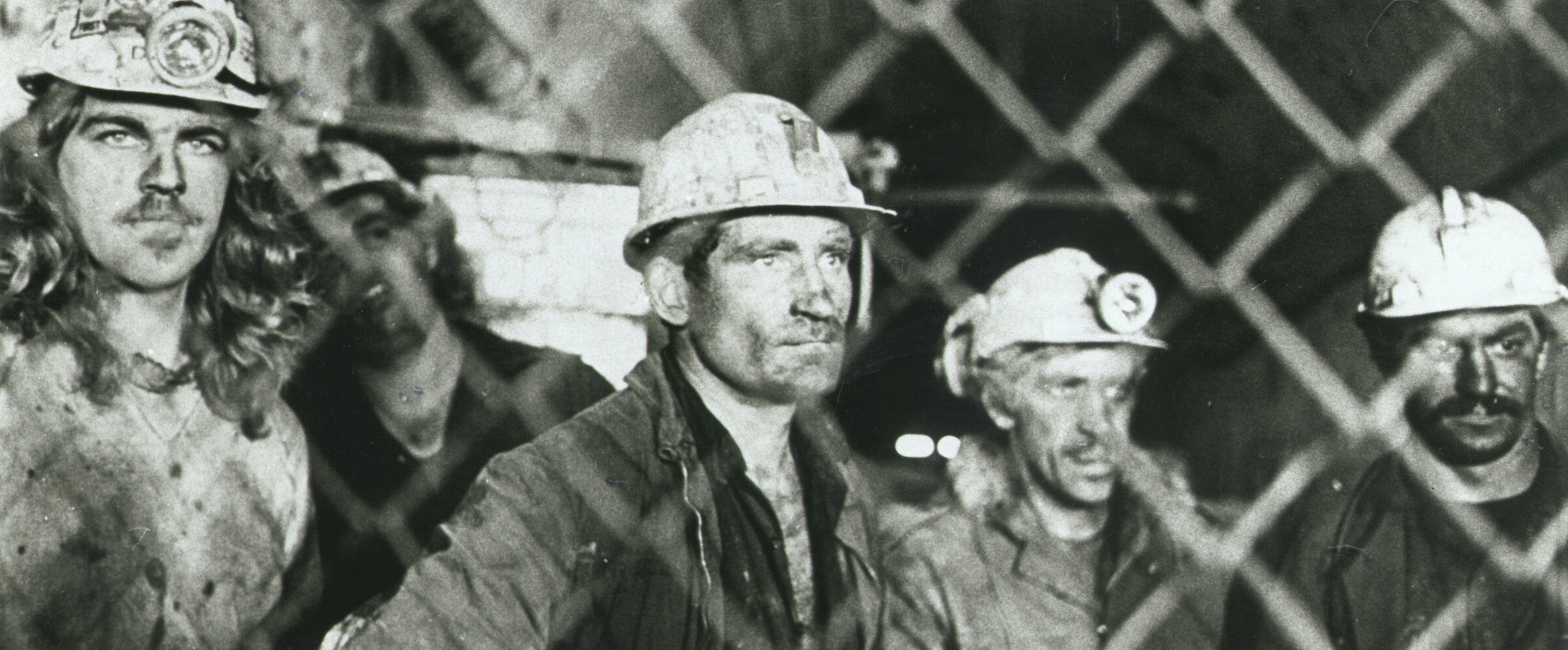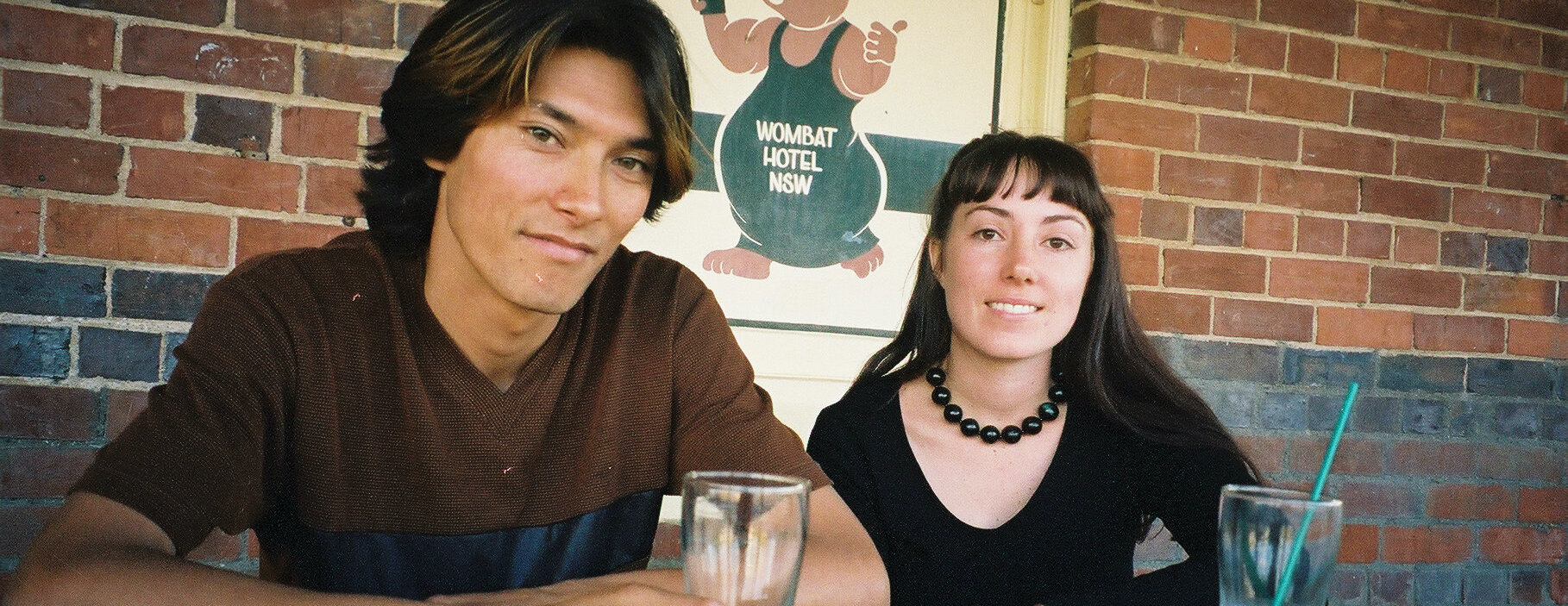
4–11 December
Tom Zubrycki (1946–) is one of the key Australian filmmakers of the last 50 years, his documentaries – as director and producer – reflecting the shifting political, social and cultural landscape while remaining committed to social justice, human rights and the ethics of filmmaking. The son of Jerzy Zubrycki, an academic and one of the chief architects of the policy of multiculturalism, he began working in video in the 1970s, taking advantage of the access programs set up by the Whitlam government, documenting social protest, strikes, resident-led action groups and “green bans” in Sydney in videos like Fig St Fiasco (1974). Searching for a wider audience for his activist work, Zubrycki shifted to 16mm production for his extraordinary pair of films documenting bitter industrial disputes: Kemira – Diary of a Strike (1984) and Friends & Enemies (1987). His subsequent work has continued this focus on social justice and empowerment but has further developed an emphasis on narrative and character. After completing two fascinating films in Broome – Lord of the Bush (1990) and Bran Nue Dae (1991), the latter focusing on the play’s author Jimmy Chi – Zubrycki’s work began to focus on one of the great injustices of contemporary Australia, the fate and treatment of refugees. This emphasis first fully emerged in the Melbourne-set Homelands (1994) but continued through such landmark films as Molly & Mobarak (2003). Zubrycki’s work has also increasingly balanced local concerns with regional issues and themes in films like The Diplomat (2000), his extraordinary documentary following the last year of José Ramos-Horta’s 24-year campaign for East Timorese independence. Still very active, Zubrycki co-directed Senses of Cinema with John Hughes in 2022 and has recently produced Tiriki Onus and Alex Morgan’s Ablaze (2021) and Jeni Thornley’s Memory Film: A Filmmaker’s Diary (2023).

7:00pm KEMIRA – DIARY OF A STRIKE
Tom Zubrycki (1984) 63 mins – PG
Zubrycki’s second long-form documentary is a landmark work of Australian activist cinema. Filmed in late 1982, it follows the actions of miners and their families in response to the closing down of the Kemira colliery near Wollongong and the proposed retrenchment of almost 300 workers. While a group of 31 miners occupy the pit almost five kilometres underground, the film focuses on the work done by wives, partners and other miners in sustaining the strike and seeking public attention as thousands of workers descend on Parliament House in Canberra to support the action. Winner of the AFI Award for Best Documentary.
Preceded by Fig St Fiasco Tom Zubrycki (1974) 8 mins – Unclassified 15+. A recent edit of a “process video” made in support of a resident-led campaign to stop a freeway devastating the suburbs of Glebe and Ultimo.
2K restoration of Kemira: Diary of a Strike.
8:35pm HOMELANDS
Tom Zubrycki (1993) 75 mins – PG
Winner of the Australian Film Critics Circle Prize for Best Documentary, this is a candid and moving portrait of Maria and Carlos Robles, a married couple who relocated to suburban Melbourne in the mid-1980s at the height of El Salvador’s civil war. As in much of his later work, Zubrycki, himself a son of Polish migrants, explores the complex feelings and notions around home and homeland, migration and exile, weaving a compelling narrative through the Robles’ lives that speaks to the profound impact of displacement on one’s own sense of identity and belonging.
4K restoration.
10:00pm BRAN NUE DAE
Tom Zubrycki (1991) 55 mins – PG
Almost 20 years before Rachel Perkins’ feature-film version of Jimmy Chi’s extraordinary, partly autobiographical musical play, Zubrycki made this fascinating documentary following the production’s world premiere at the 1990 Perth Festival. A landmark work of Aboriginal theatre and storytelling, Chi’s Broome-set musical is seen in performance and rehearsal, combining the techniques of observational documentary, interviews with the author that recount his fraught upbringing, footage of collaborators such as the band Kuckles, and archival material.
16mm print courtesy of the National Film and Sound Archive, Australia.
Program to be introduced by the filmmaker.

7:00pm THE DIPLOMAT
Tom Zubrycki (2000) 81 mins – M
Zubrycki’s first film after his time as a commissioning editor at SBS in the late 1990s follows Nobel Peace Prize-winner José Ramos-Horta during the tumultuous final stretch of his 24-year campaign to help secure the independence of his homeland, East Timor, from Indonesian occupation. Ramos-Horta granted extensive access to his public and personal life, helping to reveal the charismatic and complex individual behind the political activist. Winner of the 2000 AFI Awards for Best Documentary and Best Direction in a Documentary.
8:40pm MOLLY & MOBARAK
Tom Zubrycki (2003) 87 mins – M
Structuring observational documentary footage into dramatic form, Zubrycki’s “verité-narrative” charts the relationship between Mobarak Tahir, a young Hazara man fleeing the Taliban who has been granted a Temporary Protection Visa, and Molly Rule, the daughter of one of Mobarak’s English teachers. Mostly shot by Zubrycki as a one-man-crew around the small town of Young, a four-hour drive from Sydney, the film is both an intimate account of how Australia’s bureaucratic systems treat refugees as second-class citizens, and an attempt to truthfully and humanistically portray a group of people heavily demonised by mainstream media. Efforts to prevent the film from screening to parliamentarians and their staff in Canberra shortly after the film’s release were ultimately defeated.
Program to be introduced by the filmmaker.